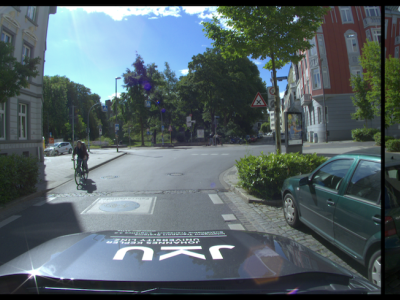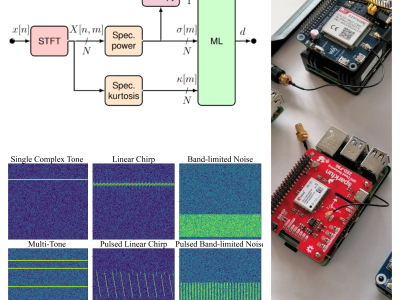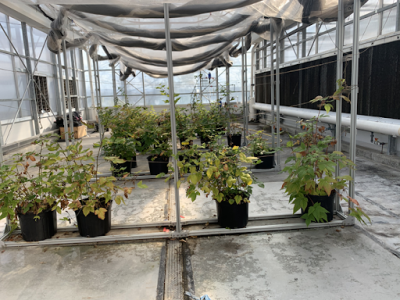
Satellite attitude determination is critical for accurately measuring and controlling a satellite’s orientation in orbit using a variety of sensors and methods. Currently, low-low Satellite-to-Satellite Tracking (ll-SST) missions—such as GRACE(-FO)—and upcoming missions like Magic primarily rely on quaternion data from onboard star camera sensors. To enhance attitude determination, we propose a GSCF fusion method.
- Categories:



